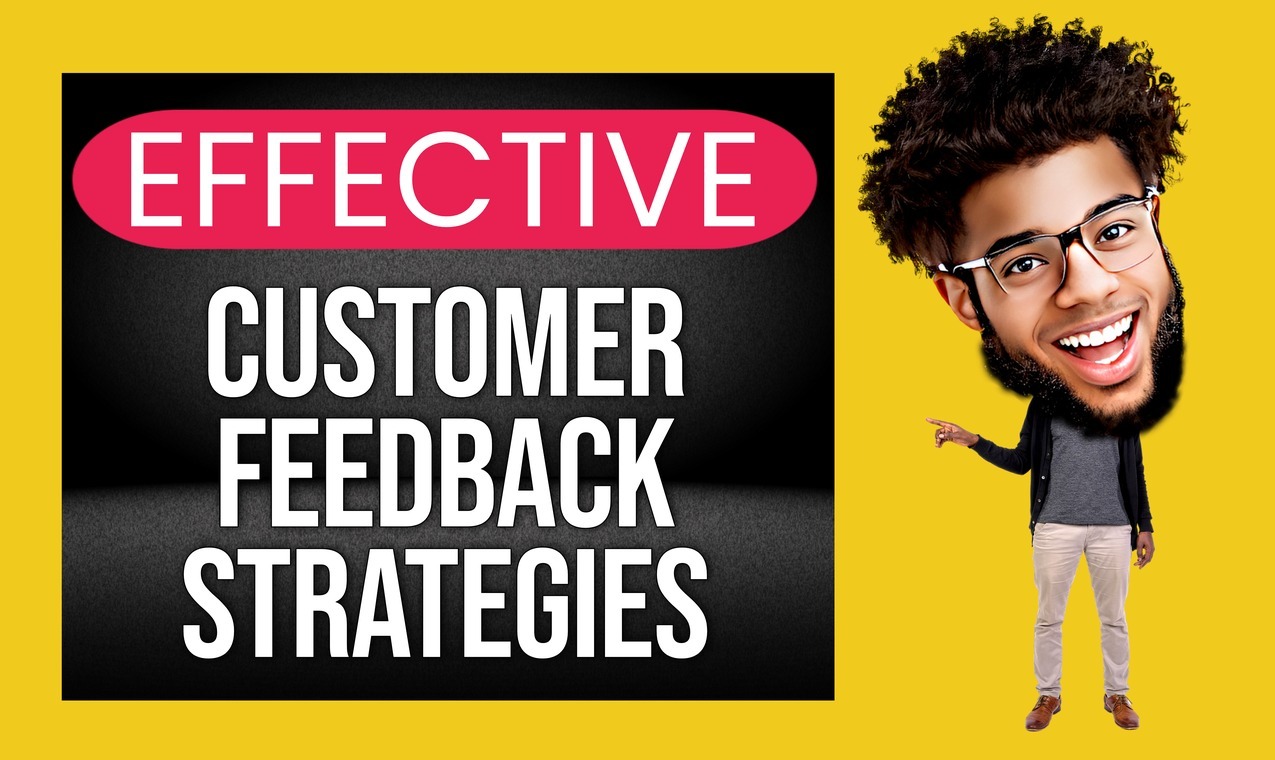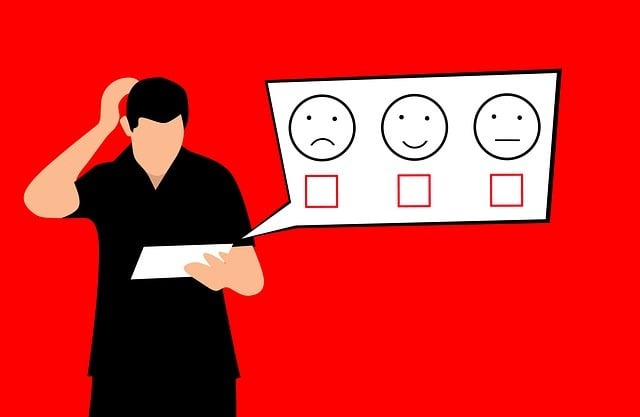
In today's competitive business landscape, understanding customer needs and preferences through effective customer feedback strategies is crucial for any company looking to thrive. Customer feedback provides invaluable insights that can drive product improvements, enhance customer experiences, and boost overall business success.
However, collecting and utilizing customer feedback effectively requires a well-thought-out strategy. In this article, we will explore some practical strategies to collect and use customer feedback to enhance your business operations.
Embrace Multiple Feedback Channels
To gather a comprehensive range of insights, it's essential to provide customers with various feedback channels. Traditional methods like surveys and suggestion boxes still hold value, but businesses must embrace digital channels as well.

Online surveys, email feedback forms, social media listening, and customer reviews are just a few examples of the multiple channels available. By being present where your customers are, you increase the likelihood of receiving valuable feedback.
Keep Surveys Short and Focused
When using surveys, it's important to respect your customers' time. Keep your surveys concise, focusing on the most critical aspects you need feedback on. Consider using rating scales, multiple-choice questions, and open-ended questions strategically.
Ensure the survey is easy to navigate and mobile-friendly, as many customers prefer providing feedback through their smartphones. By respecting your customers' time and making the process convenient, you'll increase participation rates and gather more accurate insights.
Leverage Social Media Listening
Social media platforms have become a goldmine for customer feedback. Monitor relevant social media channels to uncover conversations about your brand, products, or services. Look for trends, common complaints, and positive feedback. Engage with customers by responding promptly and addressing their concerns.
Also, consider using sentiment analysis tools to gauge the overall sentiment around your brand. Social media listening allows you to proactively address customer needs and make informed business decisions.

Encourage Online Reviews
Online reviews are an influential factor in consumers' decision-making process. Actively encourage your customers to leave reviews on popular review platforms such as Google, Yelp, or industry-specific sites.
Positive reviews serve as testimonials for potential customers, while negative reviews offer opportunities for improvement. Respond to reviews, both positive and negative, to show that you value customer feedback and are committed to addressing their concerns.
Implement a Customer Feedback Management System
Managing customer feedback efficiently is crucial for extracting meaningful insights. Consider implementing a customer feedback management system to streamline the process. These systems help collect, categorize, and analyze feedback, allowing you to identify trends and patterns easily.
With advanced analytics capabilities, you can derive actionable insights and make data-driven decisions. Ensure the system integrates with other tools in your tech stack to create a holistic view of customer feedback.

Act on Feedback and Communicate Changes
Collecting feedback without taking action can lead to frustration and erode customer trust. Make it a priority to act on the feedback you receive. Identify recurring issues or requests and implement changes accordingly.
Communicate these changes to your customers, showing them that their feedback matters and you are committed to continuous improvement. Acknowledging and appreciating customer feedback builds a positive brand image and fosters customer loyalty.
Use Feedback to Innovate and Improve
Customer feedback is not only useful for addressing existing issues but also for driving innovation. Analyze feedback to identify emerging needs, gaps in the market, or potential new features. Consider organizing focus groups or beta testing programs to gather more in-depth insights and validate new ideas. By leveraging customer feedback for innovation, you can stay ahead of the competition and deliver products or services that truly meet customer expectations.
How Does It Help Your Business?
Customer feedback is a valuable asset that can guide businesses toward success. By implementing effective strategies to collect and utilize customer feedback, companies can gain a deeper understanding of theircustomers in several ways:

Identifying Customer Needs
Customer feedback provides direct insights into what customers want, need, and expect from your products or services. By analyzing feedback, you can identify recurring patterns, common pain points, and areas for improvement. Understanding customer needs helps you tailor your offerings to better meet their expectations and increase customer satisfaction.
Enhancing Customer Experience
Customer feedback helps you uncover areas where your business may be falling short in delivering a great customer experience. By listening to your customers' feedback, you can address their concerns, improve processes, and create a more seamless and enjoyable experience. Positive customer experiences lead to higher customer loyalty, word-of-mouth referrals, and increased customer retention.
Product and Service Improvements
Customer feedback provides invaluable insights for refining and enhancing your products or services. By listening to feedback, you can identify product features that resonate with customers and areas where improvements are needed. This enables you to make informed decisions about product updates, new releases, or even entirely new offerings that align with customer preferences and market demands.
Building Customer Loyalty
When customers feel that their opinions are heard and valued, it fosters a sense of loyalty and connection to your brand. By actively collecting and utilizing customer feedback, you demonstrate that you care about their experiences and are committed to addressing their needs. This creates a positive perception of your brand, enhances customer trust, and encourages long-term relationships.

Competitive Advantage
Customer feedback can provide a competitive edge by highlighting areas where you outperform competitors or where you have opportunities to differentiate yourself. By actively listening to your customers, you can identify unmet needs or gaps in the market and develop strategies to fill them. This enables you to stay ahead of the competition, adapt to changing market trends, and position your brand as a leader in customer satisfaction.
Engaging and Retaining Customers
Engaging customers in the feedback process makes them feel valued and involved in shaping the future of your business. Actively seeking customer feedback through surveys, feedback forms, or social media interactions encourages customer engagement. Furthermore, by acting on customer feedback and communicating changes or improvements, you strengthen customer relationships, build trust, and increase customer loyalty.
Final Thoughts
Implementing effective strategies to collect and utilize customer feedback is essential for gaining a deeper understanding of your customers. By actively listening, analyzing, and acting on customer feedback, you can improve customer experiences, develop products and services that meet their needs, foster loyalty, gain a competitive advantage, and ultimately drive business success. Customer feedback is a valuable resource that should be leveraged to build stronger customer relationships and continuously improve your offerings.

 Add Row
Add Row  Add
Add 



